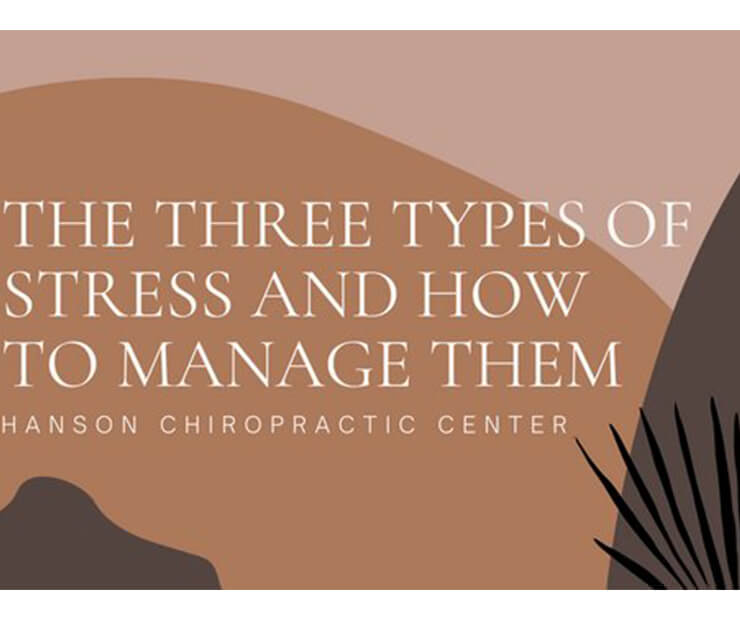1. Acute Stress
Acute stress can be defined as stress that is momentary or short term, and according to integrative psychotherapist Alena Gerst, LCSW, RYT, it’s often brought on by high-stress, fleeting moments such as public speaking or being summoned into the boss’s office. “Signs of acute stress can be strong emotions, tense muscles, increased heart rate, a quickening of your breath, and feeling lightheaded or like you might faint,” says Gerst.
Integrative medicine doctor Amy Shah, M.D., notes that acute stress doesn’t result in the same long-term damage potentially caused by episodic acute or chronic stress, and in fact, our bodies have been designed from an evolutionary standpoint to respond to this type of stress as a survival mechanism.
How to Manage Acute Stress
When sealing with acute stress, the first step is just to recognize that your body is in a state of stress. “Notice your physical symptoms – if you feel agitated and your heart rate is up, try to ease yourself into a quieter state,” Gerst says. “Doing something active at first, like taking a walk, and then slowing down from there, can help coax your body and mind away from the fight-or-flight response that is acute stress and calm you into a more relaxed mindset.”
1. Episodic acute stress
Episodic acute stress is marked by recurring, intensely stressful events. “This can result from impossibly tight deadlines at work or caring for a loved one who is sick– people who feel like they are moving from one crisis to another are dealing with episodic acute stress,” says Gerst. She adds that symptoms of episodic acute stress are similar to acute stress, but they take a more persistent toll on the body due to their increased frequency.
How to Manage Episodic Acute Stress
Dealing with episodic acute stress often requires a change of routine, at least for the time being. Gerst recommends taking a look at areas of your life that are stressful and determining where you can make any adjustments. Are there any commitments that you can drop for now? Is there anyone in your support network you can reach out to for help getting something done?
One thing that you shouldn’t be dropping is your self-care routine: Exercising, eating nourishing foods, and prioritizing sleep is essential for anyone who’s going through a prolonged period of stress. And while they may feel good in the moment, self-medicating behaviors like drinking alcohol or binging on sugar can make it more difficult for the body to recover in the end.
1. Chronic stress
The APA defines chronic stress as constant stress experienced over a prolonged period of time. Chronic stress leaves the body persistently flooded with stress-related hormones, which can lead to other physical and emotional health concerns, such as trouble sleeping, reduced immune function, and can have a negative effect on cardiovascular health as well as anxiety and depression.”
How to Manage Chronic Stress
To help cope with chronic stress, the APA recommends tactics such as setting limits to all projects and commitments that make you feel overwhelmed; tapping into your support system and welcoming their support and guidance; making one health-related commitment like cutting back on caffeine consumption or increasing aerobic activity; and seeking additional help from a licensed mental health professional if you continue to feel overwhelmed. And again, it’s always important to eat well and prioritize sleep.
Gerst also shares that since the causes of chronic stress are not often in our control, it’s important to try to direct your energy and attention toward the good stuff. “Even the smallest moments of gratitude can ease the effects of chronic stress. Ask yourself what you are grateful for every day, and acknowledge those people and things, large and small,” she says.
The Bottom Line
Stress is an unavoidable part of life, and while not all stress is bad, too much is unhealthy. Since there are different types of stress, it’s helpful to know which you might be dealing with at any given time in order to manage it and maintain a more fulfilling life.



